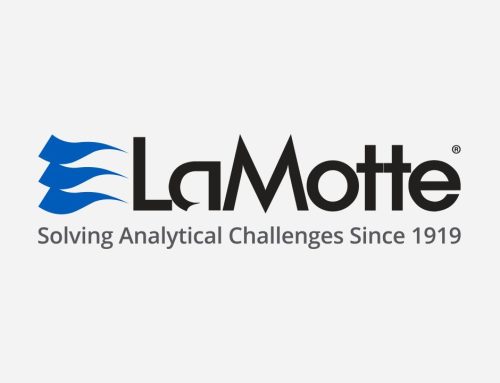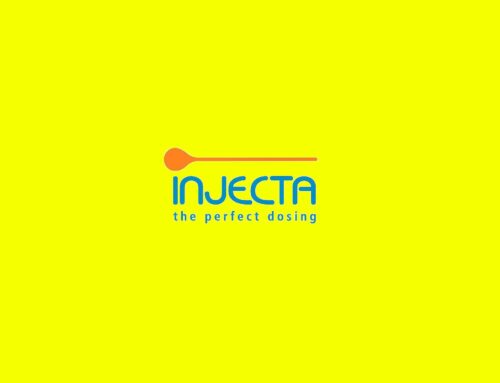
Water is the lifeblood of industrial processes, especially in a country like Kenya, where industries across food processing, textiles, energy, and more rely on it to maintain production. But here’s the thing: water isn’t always a perfect fit. It often brings along unwanted contaminants that can wreak havoc on your systems and productivity. That’s why tackling water contamination should be a top priority for every industrial plant.
Let’s break down some of the most common water contamination issues Kenyan industrial plants face and, more importantly, how you can solve them.
The Challenges of Water Contamination in Kenyan Industries
Water is a universal solvent, meaning it picks up a wide variety of impurities—think sediments, chemicals, and microorganisms—as it flows through rivers, lakes, or even boreholes. In Kenya, where industries are often near these natural water sources, the risk of contamination is real. Here are some of the common culprits:
- Sediments and Suspended Solids
If you’re pulling water from natural sources, sediment and suspended solids are unavoidable. These particles clog up pipelines and filtration systems, which means your machinery has to work harder, leading to higher energy consumption and operational costs. - Chemical Contaminants
Industrial processes often introduce chemicals like heavy metals, nitrates, and phosphates into water. If left untreated, these can corrode equipment, leading to frequent breakdowns and costly repairs. Plus, chemical imbalances can disrupt production quality. - Microbial Contaminants
Think of bacteria, viruses, and other microorganisms. If your water is contaminated with these, not only does it pose health risks, but it can also cause biofilm formation, which clogs equipment and reduces efficiency.
Why This Matters to Your Bottom Line
Here’s where it gets interesting: poor water quality doesn’t just hurt your equipment; it hurts your bottom line. Sediment buildup and corrosion cause equipment downtime, and each moment your machinery isn’t running, your production is taking a hit. The more frequent the breakdowns, the more your maintenance costs shoot up. And let’s not forget about compliance. In Kenya, the National Environment Management Authority (NEMA) has strict guidelines for wastewater discharge. Fail to meet these, and your company could face hefty fines and a damaged reputation.
But there’s a solution. Hydrolink Technologies specializes in treating water contamination problems, ensuring that your systems stay up and running efficiently.
How to Tackle Water Contamination: A Step-by-Step Approach
To stay ahead of water contamination, it’s essential to focus on prevention rather than just reactive fixes. Let’s dive into some practical solutions.
1. Start with a Comprehensive Filtration System
The first line of defense against contaminants is a good filtration system. Whether it’s sediment, chemical pollutants, or microbial contaminants, filtration removes most harmful substances before they ever reach your equipment.
Hydrolink’s ultrafiltration systems are designed specifically to handle the kinds of suspended solids commonly found in Kenyan water sources. These systems remove the fine particles that cause clogging, which means less wear and tear on your equipment and less frequent maintenance. The result? You save on operational costs and extend the life of your machinery.
2. Use Targeted Chemical Treatment
Filtration alone can’t remove dissolved chemicals and salts. For this, you’ll need a robust chemical treatment solution. Hydrolink offers specialized chemical dosing systems that ensure the right balance of treatment chemicals in your water. By using the right coagulants and flocculants, you can neutralize harmful chemicals like heavy metals and nitrates, preventing corrosion and scaling in your equipment.
The goal here isn’t just to fix the immediate problem. It’s to optimize your water chemistry for the long term. Proper chemical dosing extends the life of your equipment and ensures that you’re producing consistently high-quality products.
3. Get Serious About Disinfection
For industries dealing with microbial contaminants, proper disinfection is non-negotiable. Bacteria, viruses, and protozoa in your water can cause biofilm formation, which leads to equipment blockages and, ultimately, system downtime.
Hydrolink’s UV disinfection systems offer a chemical-free way to kill pathogens before they can do any damage. UV treatment ensures that your water is microbiologically safe without adding any chemicals to the mix, which is particularly useful in industries that rely on water for cooling or food production.
4. Optimize Wastewater Treatment
In Kenya, it’s essential to treat the water you discharge to meet NEMA’s environmental regulations. Hydrolink offers advanced wastewater treatment solutions that help industrial plants manage their wastewater effectively. These systems are designed to treat and purify wastewater, removing chemical contaminants, organic matter, and sediments, ensuring compliance with environmental standards.
By addressing your wastewater, not only do you avoid fines and legal complications, but you also contribute to environmental sustainability—a growing concern in Kenya’s industrial landscape.
5. Regular Water Treatment Audits
Don’t wait for equipment failure to remind you of the importance of water quality. Conducting regular audits of your water treatment systems is key to preventing contamination issues before they escalate. Hydrolink offers water treatment audits that evaluate your entire system for vulnerabilities. These audits help identify issues early, allowing you to take preventive action before any serious damage occurs.
A proactive approach like this not only saves you from expensive repairs but also keeps your operation running smoothly. And in an industrial setting, smooth operations are everything.
Case Study: A Kenyan Food Processing Plant’s Success
Let’s take the example of a food processing plant in Nairobi. This plant was facing significant downtime due to sediment buildup in its water systems, which was affecting its production quality. By partnering with Hydrolink Technologies, the plant implemented an advanced filtration system combined with chemical treatment solutions to address both the sediment and chemical contamination issues.
The results were immediate:
- Reduced Equipment Downtime: Filtration prevented sediment buildup, allowing the plant to run continuously with fewer maintenance interruptions.
- Improved Product Quality: Consistent water quality led to better product consistency, helping the plant meet quality control standards more effectively.
- Cost Savings: With fewer breakdowns, the plant saw a significant reduction in maintenance costs and energy consumption.
This example highlights how the right water treatment solutions can have a direct impact on your business outcomes.
Final Thoughts: The Long-Term Payoff
Water contamination is a challenge that every Kenyan industrial plant must face. But it’s not an insurmountable one. With the right filtration, chemical treatment, and disinfection systems, you can protect your equipment, meet regulatory standards, and keep your operations running smoothly.
At the end of the day, it’s all about investing in prevention rather than paying for repairs. Hydrolink Technologies offers the expertise and solutions you need to stay ahead of water contamination issues—helping you focus on what you do best: running a successful industrial operation.
So, the next time you notice that your equipment isn’t running as efficiently as it should, don’t just think about fixing the symptoms. Address the root cause by tackling your water contamination issues head-on. After all, a small investment today can save you a fortune tomorrow.




